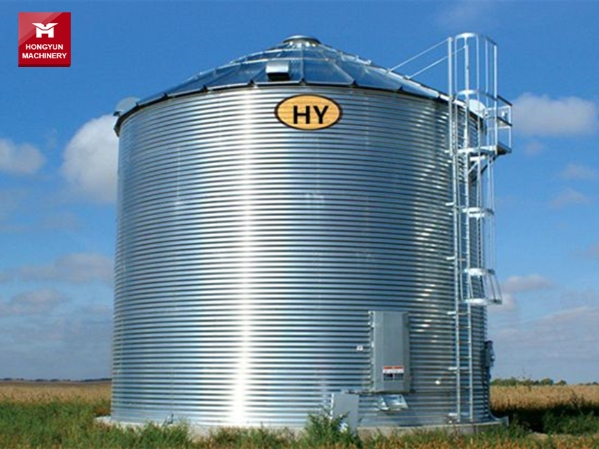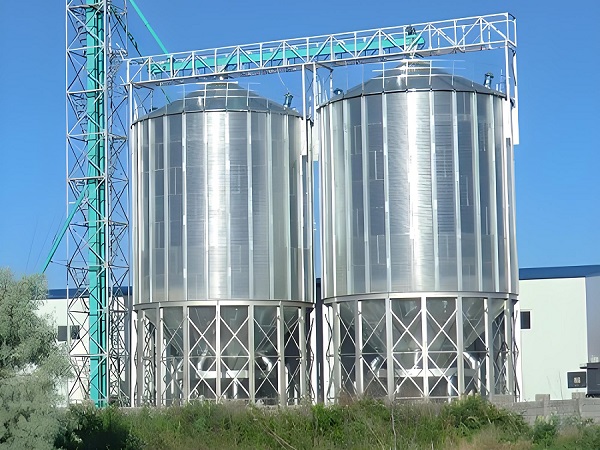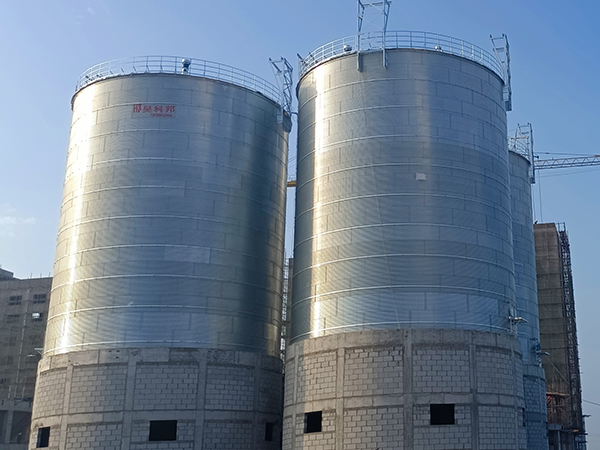Grain Silo Procurement in Uganda, Africa
Grain silo procurement is a critical aspect of modern agriculture, ensuring the safe and efficient storage of grains. With increasing global food demand and technological advancements, the process of procuring grain silos has evolved significantly.
- Main Advantages of Wheat Silo in Uganda
- Main Functions of Wheat Silo in Uganda
- Corn mill factory in Mali
- Maintenance Methods for Wheat Silo in Uganda
- Maintenance Methods for a Rice Silo in Uganda
- Wheat mill supplier in Malawi
- Installation Process of a Rice Silo in Uganda
- Structural Composition of a Rice Silo in Uganda
- Flour mill sale in Rwanda
- Main Advantages of Rice Silo in Uganda
- Primary Functions of Rice Silo in Uganda
- Grinding mill cost in Libya
The Essential Guide to Grain Silo Procurement
Grain silo procurement is a critical aspect of modern agriculture, ensuring the safe and efficient storage of grains. With increasing global food demand and technological advancements, the process of procuring grain silos has evolved significantly. This article delves into the current landscape of grain silo procurements, explores the challenges faced, and highlights future trends that are shaping the industry.
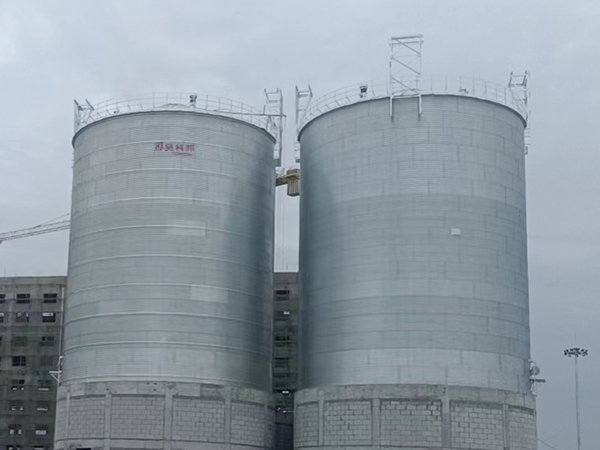
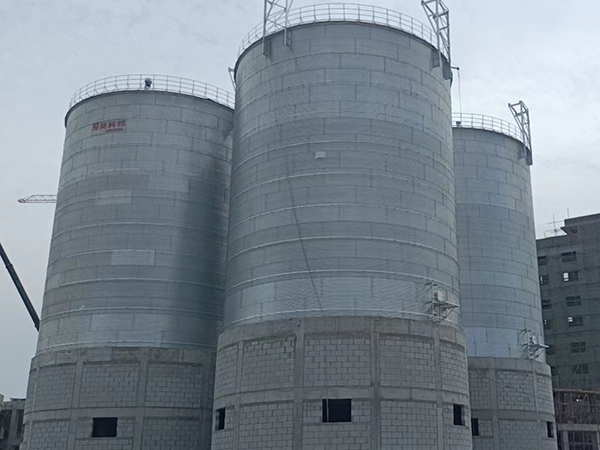
Understanding Grain Silo Procurement
Importance of Grain Silo Procurement
Grain silo procurements is essential for maintaining the quality and safety of stored grains. Properly procured silos help in reducing post-harvest losses, protecting against pests and moisture, and ensuring a steady supply of grains throughout the year. Efficient grain silo procurements directly impacts the profitability of farms and agricultural businesses by preserving the quality of their produce.
Factors Influencing Grain Silo Procurement
Several factors influence the procurement of grain silos, including the size and type of the silos, material quality, technological features, and cost. Buyers must consider their specific storage needs, such as the volume of grain to be stored and the duration of storage. Additionally, the choice of material, whether steel or concrete, and the inclusion of advanced features like automated temperature control and monitoring systems, play a crucial role in the procurement process.
Challenges in Grain Silo Procurement
High Initial Costs
One of the primary challenges in grain silo procurement is the high initial cost. High-quality grain silos with advanced features can be expensive, posing a financial burden for small and medium-sized farms. Securing funding or financing options is often necessary to make these investments viable.
Technological Integration
The integration of modern technologies in grain silos, such as IoT sensors and automated systems, adds complexity to the procurement process. Ensuring compatibility and ease of use of these technologies is essential. Buyers need to be well-informed about the latest advancements and choose silos that offer seamless technological integration.
Environmental and Regulatory Compliance
Environmental regulations and sustainability concerns also impact grain silo procurements. Buyers must ensure that the silos meet local environmental standards and are designed to minimize ecological impact. This includes considerations like energy efficiency, the use of eco-friendly materials, and adherence to safety regulations.

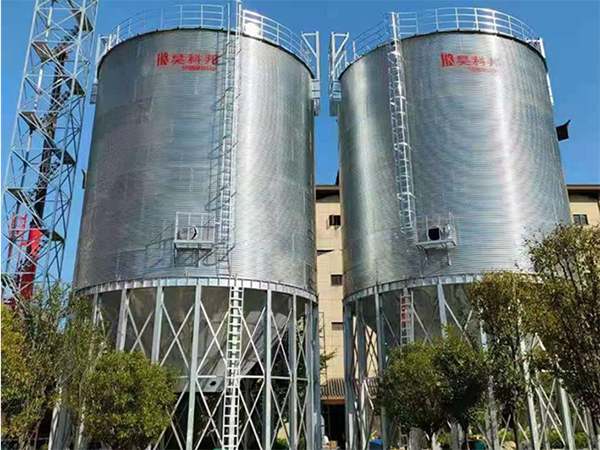
Future Trends in Grain Silo Procurement
Smart Grain Silos
The future of grain silo procurement lies in smart silos equipped with advanced technologies. These silos use IoT sensors to monitor temperature, humidity, and grain quality in real-time. Automated systems can adjust ventilation and other parameters to maintain optimal storage conditions. Smart grain silos reduce the need for manual monitoring and help in preventing spoilage, thus enhancing overall efficiency.
Sustainability and Eco-Friendly Designs
Sustainability is becoming a major focus in grain silo procurement. Buyers are increasingly seeking silos made from recyclable materials and those that incorporate energy-efficient designs. The trend towards eco-friendly solutions not only complies with regulations but also appeals to environmentally conscious consumers and businesses.
Flexible Financing Options
To address the challenge of high initial costs, more flexible financing options are becoming available. Leasing, installment payment plans, and government subsidies are making it easier for farms and businesses to invest in high-quality grain silos. These financial solutions help in spreading the cost over time, making procurement more accessible.
Expansion into Emerging Markets
As global food demand continues to rise, there is a growing need for grain storage solutions in emerging markets. Grain silo procurement is expanding into regions like Africa, Asia, and Latin America, where agricultural development is accelerating. Companies are tailoring their products and procurement strategies to meet the specific needs of these markets, facilitating growth and ensuring food security.
Conclusion
Grain silo procurement is a vital component of modern agriculture, ensuring the effective storage and preservation of grains. Despite challenges such as high initial costs, technological integration, and regulatory compliance, the industry is poised for significant growth. The adoption of smart technologies, a focus on sustainability, and the availability of flexible financing options are shaping the future of grain silo procurements. By staying informed about these trends and adapting to changing market demands, agricultural businesses can enhance their storage capabilities, reduce losses, and contribute to global food security.

